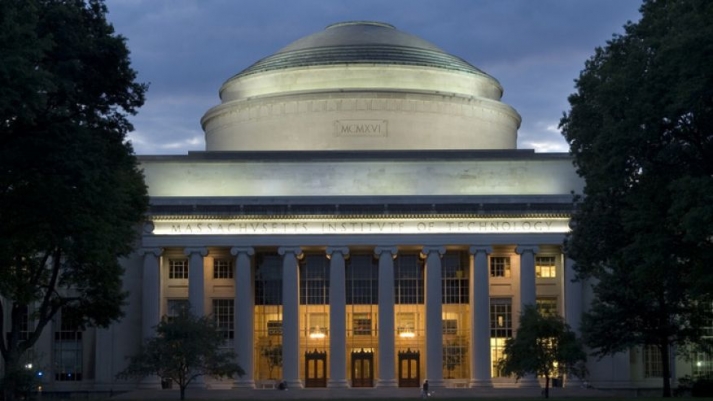On Monday, April 20, a group calling itself Palestine@MIT wrote a letter to “the MIT community” on Facebook demanding that MIT’s Undergraduate Association remove the Israeli Independence Day Carnival from its annual Springfest, claiming that the event “raises politically sensitive questions given that it just so happens to represent the 1948 Palestinian Exodus, also known as the ‘Nakba.’”
The Palestinian group added:
We request the UA to detach the carnival from SpringFest, and to refrain from sponsoring and/or publicizing it at a school-wide capacity. This is by no means an attack upon Israel’s freedom to celebrate their independence. We are by no means supporters of depriving any nation, whatsoever, their right to national sovereignty or any of their most fundamental rights. We just ask that it is not done in the name of the entire student body while dismissing our tragedy. If Palestinians are truly equal members of the MIT community, we expect this school-wide event to resonate that message.
Matthew Davis, the Undergraduate Association President, Class of 2016, joined by Raichelle Aniceto, Divya Shanmugan Undergraduate Association Events Committee Class of 2016, Class of 2017, responded:
Every student group at MIT is recognized by the Association of Student Activities (ASA), and through this organization, all undergraduate student groups are recognized by the UA. Every recognized student group has the ability to apply for funds from the UA through the Financial Board, and is eligible for such funding as long as they are recognized by the ASA, with no other consideration.
As part of this, it is often the case that some student groups will be ones with which other undergraduates are uncomfortable, or may express an idea contrary to the opinions of others. In the course of history, it is often the case that such groups would not be allowed; moreover, it is often the case that those who hold a minority opinion, contrary to that of the majority, may have their opinion silenced either through the active suppression of the majority, or a lack of resources provided. Perhaps the most valued and intrinsic desire of every human being is to have a voice - to allow their ideas to be expressed. There are two courses of action the UA may take in regards to controversial groups and ideas - either recognize no groups, whether of the majority or minority opinion, if there is a hint of controversy, or recognize all groups equally, regardless of the popularity of their idea.
In these cases, consistent with what has been stated above, the UA has always taken the case of the latter, and recognizes all groups equally, so long as that group is recognized by the ASA and is operating consistent with MIT policies. The reasons for this are many - but perhaps most importantly, by recognizing all ideas and opinions equally, we are more able to allow a free expression of ideas, allowing undergraduates to be exposed to a wide range of opinions, and choose for themselves those of which they are for, and those of which they are against. At times, this will result in us feeling uncomfortable - and it is the challenge of every one of us to recognize why that is the case, and act accordingly …
As the Friends of Israel and MIT Hillel, the sponsors of the event, are ASA-recognized student groups, and their event is consistent with established policies, we have chosen to keep the event on the SpringFest schedule. Further, we do not feel that it is appropriate to derecognize their event, due to our failure to notify student groups of the opportunity to publicize. To do otherwise would set a precedent that would be contrary to the values expressed above, and, we believe, would ultimately be more harmful to all affected groups.
